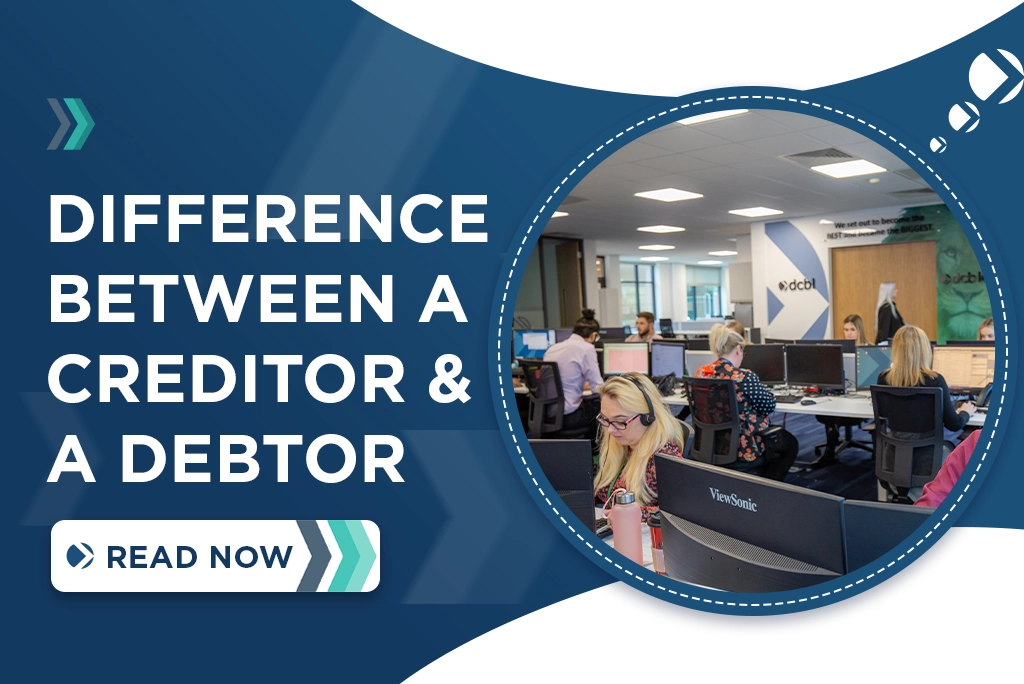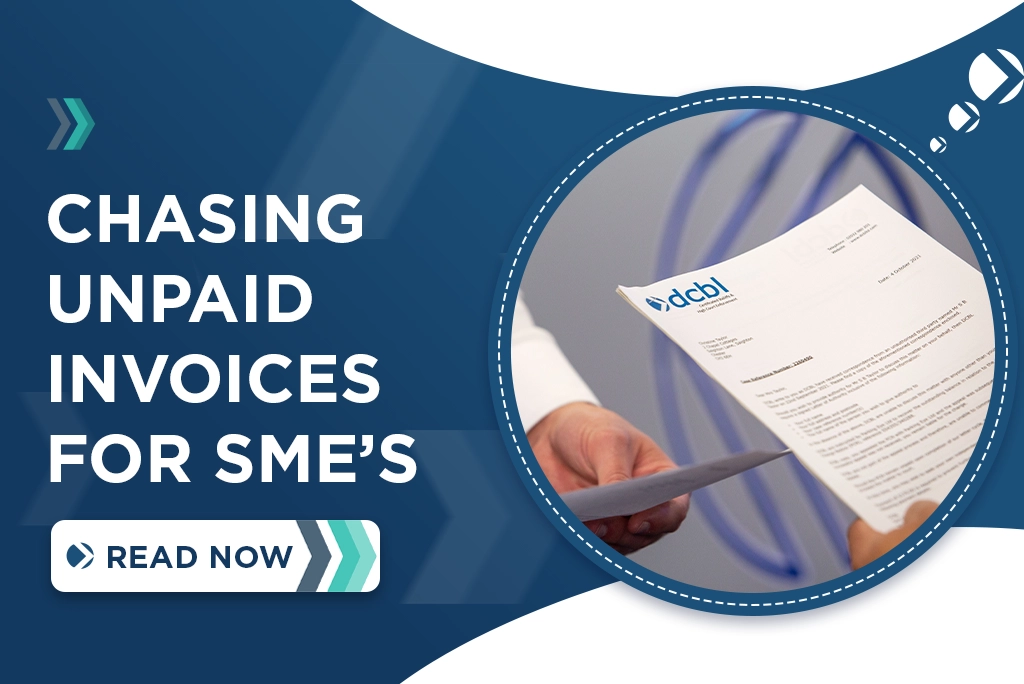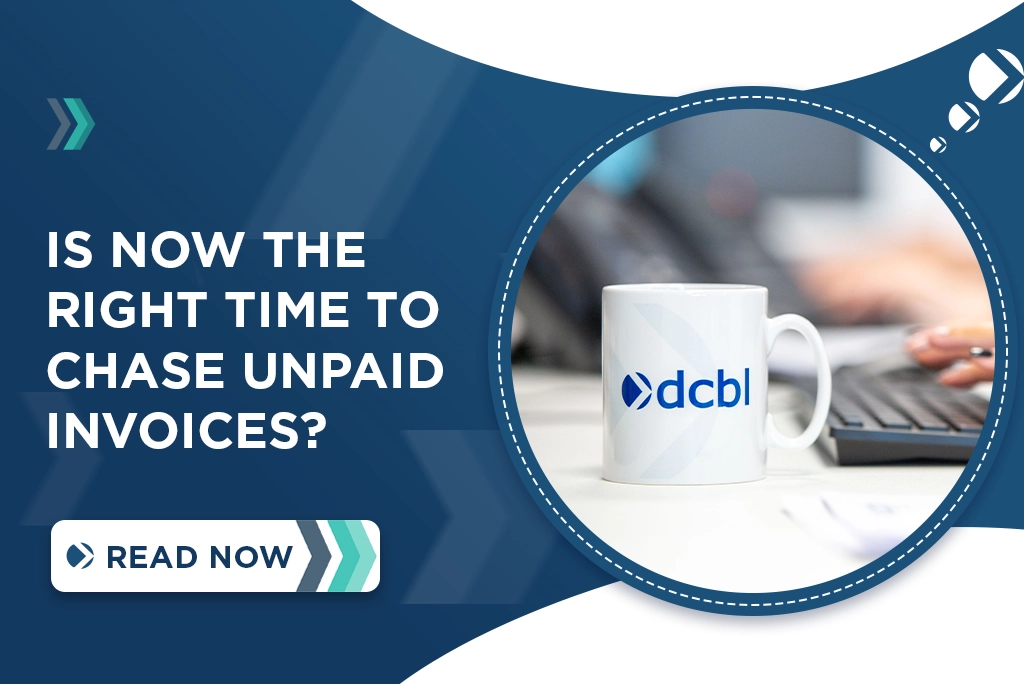
What’s the Difference Between a Creditor and a Debtor?
7th October 2022
What’s the Difference Between a Creditor and a Debtor? – Contents
- What is a Debtor?
- Different Types of Debt
- How Should Debtors Manage Their Relationships With Creditors?
- What is a Creditor?
- What Can Creditors Do to Retrieve Borrowed Money or Assets Owed?
Debtors and creditors are accounting terms for individuals or businesses on either side of a transaction which is not paid at the time of purchase.
A party that owes the money is a debtor and the party due to receive money for their goods or services is the creditor.
In many cases, these transactions happen as a daily part of business when payments for products or services do not arrive.
Sometimes, debtors do not pay invoices to their creditors and the creditor will pursue the debtor for the money.
What is a Debtor?
A debtor is a person, company, or entity that owes money, normally for goods and/or services.
If a debtor does not repay what they owe, then the creditor has the right to pursue legal proceedings against them to recover the full amount.
This is where county courts, high courts, bailiffs, and high court enforcement officers can arrive in the debt enforcement process.
Different Types of Debt
Common sources of debt include outstanding loans, credit card bills, tax bills, or payment plans for goods or services. All these types of debt can fall into two different categories:
- Secured Debt:
This is when a debt is backed up by assets provided as collateral in case payments can’t be met. For example, the asset of the house itself often secures a mortgage.
In the event that mortgage payments can no longer be met, lenders can repossess the collateral in order to retrieve the amount they owe via the property sale.
- Unsecured Debt:
Credit card debts are a good example of unsecured debt. In these scenarios, creditors cannot attempt to repossess assets without pursuing legal enforcement routes.
However, unpaid credit card bills can still lead to other negative consequences, such as a damaged credit score.
How Should Debtors Manage Their Relationships With Creditors?
Keeping on top of debts as much as possible, and maintaining a good relationship with creditors, is beneficial for all debtors.
If the debtor is a business, failure to keep up with repayments can lead to long-term reputation damage.
For individuals, debt can cause damage to credit ratings, affecting a person’s ability to loan money in future.
Further to this, both businesses and individuals will often incur penalties or charges for late payments alongside reputation and relationship damages.
To avoid these issues, debtors should agree to a payment plan with creditors at the earliest opportunity and attempt to stick to it.
It may be possible to negotiate payment terms and repayment periods if needed, but ultimately, maintaining communication with creditors is preferable to avoiding payment.
What is a Creditor?
A Creditor is a person, company or organisation that is owed money by another individual, company or organisation for goods or services that have been provided.
The goods are given on credit rather than payment at the time of purchase with an agreement on a payment period on which both parties agree.
In general, there are two main types of creditors when it comes to debt collection:
Loan creditors include bank loans or other financial lending institutions that loan money to individuals and large and small businesses.
The term ‘trade creditor’ refers to a company or individual that is owed for the trade goods or services that they provide. An example of a trade debtor would be a person who has had a house extension built but has failed to pay the final invoice on time.
There are also personal creditors. This is a formal name for a friend or family member lending money to someone that they know personally. Typically, legal debt enforcement methods are not applicable here, although personal creditors may be able to take things to the small claims court.
What Can Creditors Do to Retrieve Borrowed Money or Assets Owed?
There are different measures available to creditors depending on the type of debt that someone owes to them, and if the debtor is complying or not.
Companies like DCBL can assist creditors in getting money back for their debt in the following ways:
- Debt Tracing and Recovery:
The first key step in retrieving money or assets from a debtor, is tracing them. Sometimes this step might be easy if the debtor is still at their registered address.
However, if the person is no longer known at that address, debt trace is the first step toward debt recovery.
When a high court judgement has been handed down, DCBL High Court Enforcement Officers can assist you in enforcing it.
Whether it’s a Money Order CCJ, Residential Repossession or Traveller Removal, our qualified team of professionals is on hand to help nationwide in the United Kingdom.
Contact DCBL today for more information on tracing debtors and debt recovery services.
Every debt recovery service is unique, so we train our teams to give tailor-made advice towards the right solution.
With 50 years of experience behind us, our figures speak for themselves.
DCBL has the industry’s highest recovery rate – it is clear we take the most effective route when dealing with cases.









